Water and Climate Connection — Will It Make the COP-16 Negotiating Texts in Cancun?
National delegations, in addition to interest groups, are pushing water higher on the climate agenda.
By Brett Walton
Circle of Blue
As the 16th meeting of the parties to the United Nations Framework Convention on Climate Change enters its second week in Cancun, Mexico, some advocates feel that water is getting more attention–though perhaps not yet from negotiators–than it did last year.
When, in 2009, all references to water were removed from the negotiating text in meetings that led up to the UN climate conference in Copenhagen, water advocates were dismayed.
They argued, in what has now become an organizing mantra, that the effects of global warming on human life and the environment will be felt through changes in the hydrological cycle. Decreasing snowpack and melting glaciers will wreak havoc on local water supplies; more intense periods of rainfall and drought will bring floods and scorched earth.
Any treaty not mentioning water, especially in the key area of adaptation, would be deficient.
But, this year, national delegations have issued statements on the importance of water in the negotiating texts. The ball began rolling on the eve of the negotiations when the foreign ministers of the Green Group of six countries issued a statement, highlighting the water-climate link and identifying water as “a crucial element of any climate change action.”
The group–including Cape Verde, Costa Rice, Iceland, Singapore, Slovenia and the United Arab Emirates–encouraged greater emphasis on water management in climate adaptation.
“This kind of focus on water was not in Copenhagen,” said Letitia Obeng, chair of the Global Water Partnership, in an interview with Circle of Blue.
On December 1, the National Water Commission of Mexico (CONAGUA, in its Spanish acronym) kicked off discussions about financing, management, and adaptation for water. The series of dialogues, which had drawn roughly 400 people, will culminate on December 8 with a high-level meeting, featuring water experts and executives from international financial organizations, as well as Mexico’s president, Felipe Calderon.
Additionally, some nations are looking to move water into the heart of the UN’s climate apparatus. At a meeting of the UNFCCC’s scientific and technical advisory body, a group of six countries–led by Ecuador and Sudan–submitted a proposal to put water on the body’s agenda. Anders Berntell, director of the Stockholm International Water Institute, told Circle of Blue it was “a breakthrough.”
Assisting in drafting the proposal was the Water and Climate Coalition, a water lobby comprising non-governmental organizations and research institutes that has taken the lead in the water-climate debate.
The Water and Climate Coalition’s goals are threefold:
- Establish a work program on water under the authority of the UN climate treaty’s scientific and technical advisory body. This work program would coordinate between the various bodies working on water and climate and would provide guidance on policy, financing, and implementation.
- Recognize the importance of water in the negotiating text for adaptation to climate change.
- Ensure that financing for water adaptation includes resources for improved water management and that financing be managed by the UN instead of the World Bank, which is dominated by rich countries.
Even though water is moving away from the periphery, that does not mean it will end up in the center.
Berntell said there is much enthusiasm for the water-related side events, but advocates are “still struggling to get water into the more formal negotiations of the convention.”
Obeng, who is in Cancun to take part in the CONAGUA dialogues, doubted that the essential participants–the negotiators–are quite as focused.
The most far-sighted thing to do, Obeng said, would be to mark a portion of the proposed financial transfers–US$30 billion in the next three years and US$100 billion annually by 2020–for water management and adaptation. “I don’t think that is going to happen,” she told Circle of Blue, “but that would be a very strategic way to help the world’s poorer countries begin to build the resilience they need.”
Any treaty, though, will have to address how those countries will cope with the altered environmental baseline, be it through agriculture, forestry or new energy sources. That, Berntell said, is where water will undoubtedly enter into the discussion, preferably via the proposed water work program, which would coordinate between sectors now somewhat isolated.
“The bottom line,” Obeng reiterated, “is that effective adaptation [to climate change] is only going to happen if we change the way in which we manage and use our water.”
Brett Walton is a Seattle-based reporter for Circle of Blue. Contact Brett Walton
Read more about water and climate on Circle of Blue.
Brett writes about agriculture, energy, infrastructure, and the politics and economics of water in the United States. He also writes the Federal Water Tap, Circle of Blue’s weekly digest of U.S. government water news. He is the winner of two Society of Environmental Journalists reporting awards, one of the top honors in American environmental journalism: first place for explanatory reporting for a series on septic system pollution in the United States(2016) and third place for beat reporting in a small market (2014). He received the Sierra Club’s Distinguished Service Award in 2018. Brett lives in Seattle, where he hikes the mountains and bakes pies. Contact Brett Walton



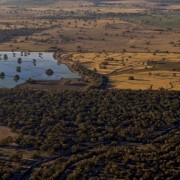
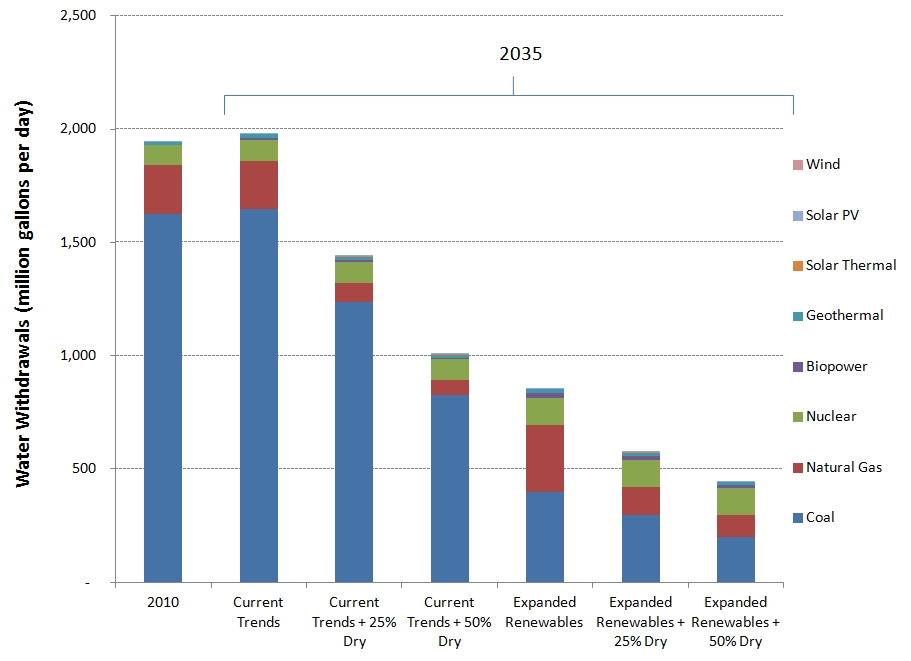
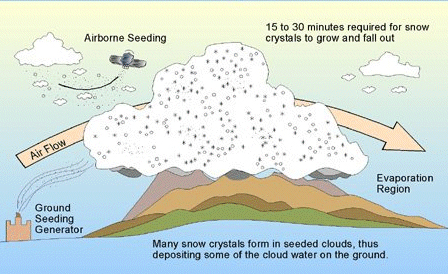



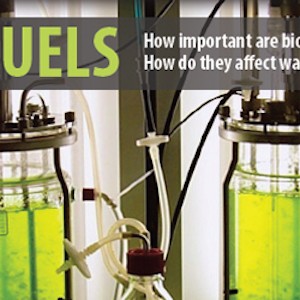
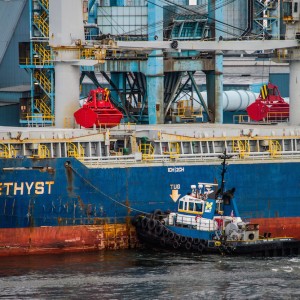
Leave a Reply
Want to join the discussion?Feel free to contribute!